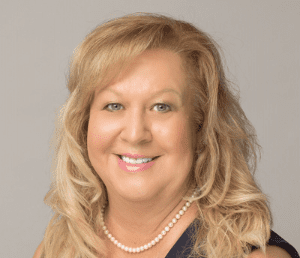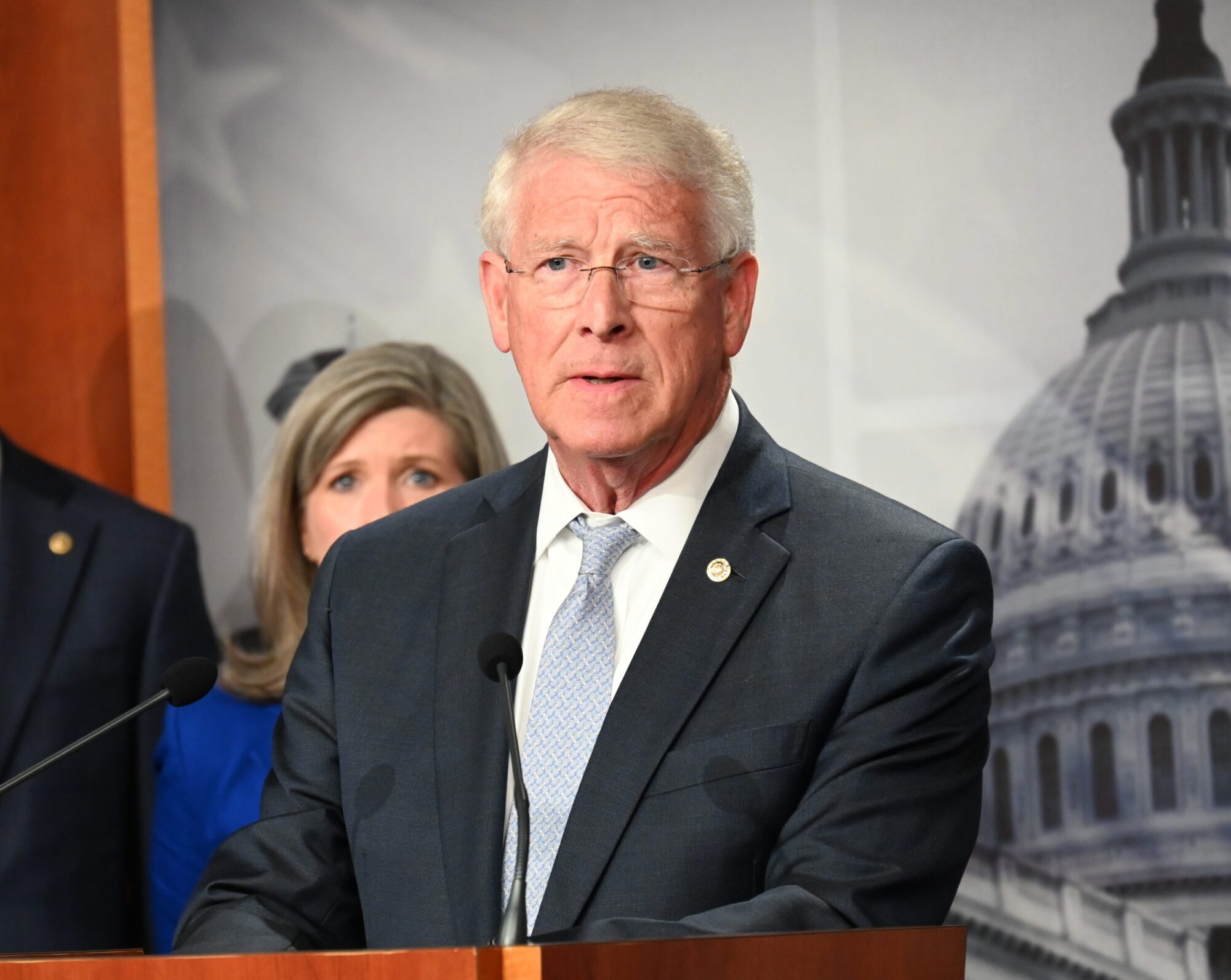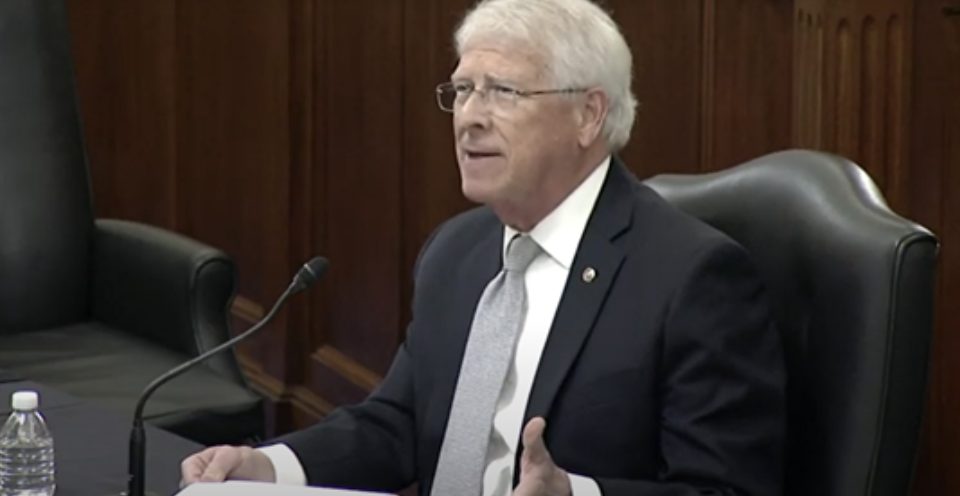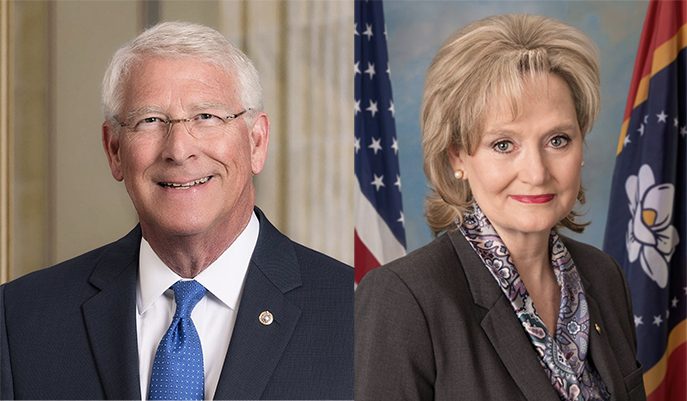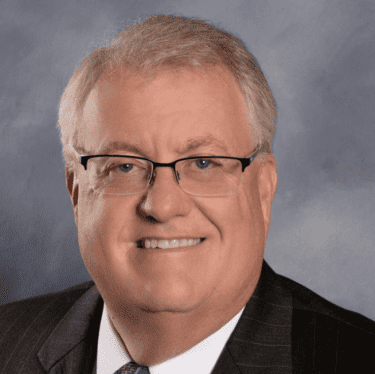
Scott Waller
Submitted by Scott Waller
MEC President urges Congress to pass legislation to support straightforward pathway for immigrant STEM professionals.
Mississippi is part of a global competition for workforce. For our state to succeed, it is vitally important to increase the number of proficient workers, including highly skilled STEM professionals.
Last year, the Mississippi Economic Council (MEC) conducted 51 small group sessions on a variety of policy issues impacting our economy during our annual tour. Without question, the number one issue people said their businesses and organizations faced was a lack of skilled professionals. These conversations and research led to MEC releasing its “Securing Mississippi’s Future” report, which highlighted one of the five goals to grow Mississippi’s economy and population as being to increase the number of highly skilled professionals in the state.
How do we find ways to keep students here after graduation, whether they grew up here, came from out of state, or are from abroad? There are many factors to keeping some of our best minds in Mississippi.
The question is really nothing new. Workforce development and retention have been a big priority of MEC for years. Thankfully, our state leadership, legislators and many other organizations see the same need. I applaud our legislature for passing the Comprehensive Career and Technical Education Reform Act during this past session, which will provide a comprehensive approach to improving career pathways for Mississippi students.
That key phrase “improving career pathways” is not just vital to Mississippi’s economic future, but also that of the entire country.
Unfortunately, as historic pandemic-related workforce shortages continue to plague America, our STEM industries have struggled. The demand for high-skilled workers in STEM-focused sectors is steadily rising. For example, job openings across the U.S. for electrical engineers within the semiconductor industry are up 78 percent, which is essential to our country’s use of electronics. This impacts numerous businesses in Mississippi that depend on a strong supply chain for semiconductors.
The country’s economic and national security are dependent upon skilled professionals with science, technology, engineering and math skills and education. Yet, in Mississippi and elsewhere, we are coming up short. As global competition within critical sectors increases, it is essential to our economic success as well as our national security that we recruit and retain our most talented workers.
Naturally, we want to keep our native-born Mississippians, but there are also around 6,000 first and second-generation immigrant students pursuing higher education in Mississippi that are kept from investing their talents into our labor force upon graduation due to limitations on green cards. This instead pushes them to our competitors around the world.
Jim Barksdale recently wrote an op-ed highlighting uber-successful American citizens such as Elon Musk, who came to the United States as foreign students, but were given an opportunity to legally immigrate and build their careers here. Yet, our broken immigration system is making this increasingly difficult. We are working against our own interests.
Fortunately, Congress is considering legislation that could pass this year to provide a remedy for our need for STEM professionals, and create more straightforward pathways for authorization for certain STEM degree holders. It is crucial that negotiations continue this summer to find a solution to this long-standing problem.
I encourage Congress to work out legislation that will support industries critical to the economic and national security of our state and country.
###
Submitted by Scott Waller. He is the President and CEO of the Mississippi Economic Council.


